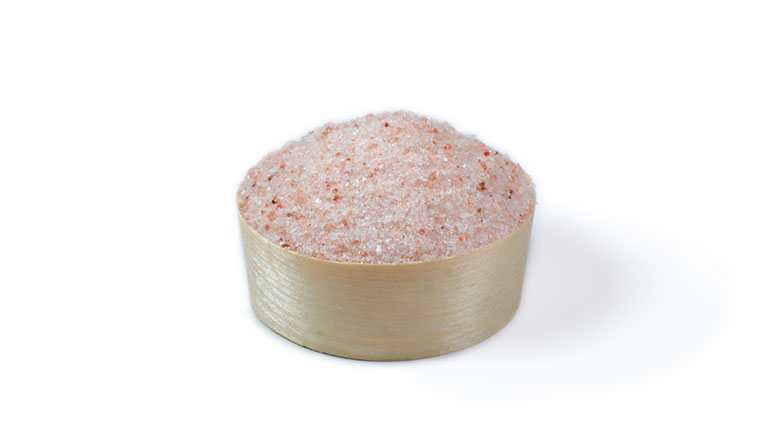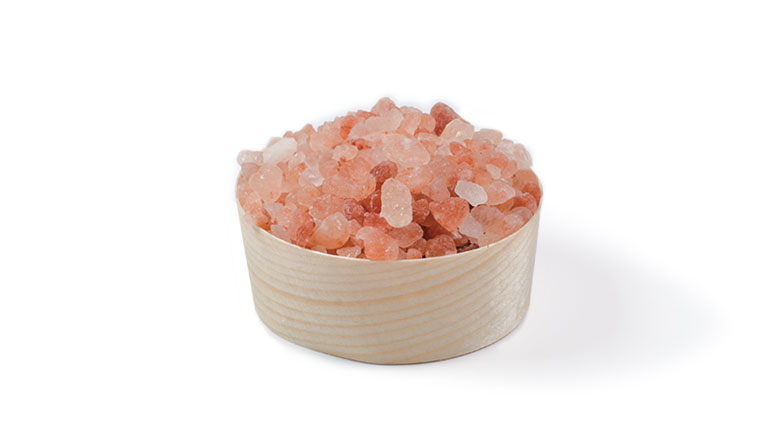SALTS
Called by Homer the divine substance, known by the Romans as white gold, salt has always played a fundamental role, not only in nutrition but also in economic and social relations between cultures and countries. The salt is, in fact, a story linked to trade and power, which, from the Neolithic to the Industrial Revolution, has crossed oceans, past deserts and run rivers to unite Europe, Africa, China, Russia and America. Salt has been known since the Neolithic period (10,000 years ago), and its history in the culinary world began with the appearance of the first stable civilisations that, starting from life as hunter-gatherer to farmers-breeders, began to feel the need to protect and conserve unaltered foods for long periods of time. Therefore, before representing a condiment, salt was used as a method of conservation, especially for meat and fish. In Roman times, the use and demand for salt increased exponentially, making it necessary to increase production and trade. It was the period of the construction of new communication routes, including the famous Via Salaria connecting the Adriatic to Etruria, creating a direct bridge between the saltworks of Ostia and the mouth of the Tiber. From this moment on, the salt will represent not only an ambit of exchange goods but also an instrument of power. Tax for passage on the salt roads, medieval gabelle, importation tax and state monopoly, the white gold has undoubtedly been able to enrich peoples and trigger revolutions: just think of the famous “Salt March” led by Gandhi in 1930. The history of salt is, therefore, a path rich in social interactions and economic relationships. A journey that starts with the origins of civilisation and that, combining traditions, habits and cultures, finally arrives nowadays on our table.



